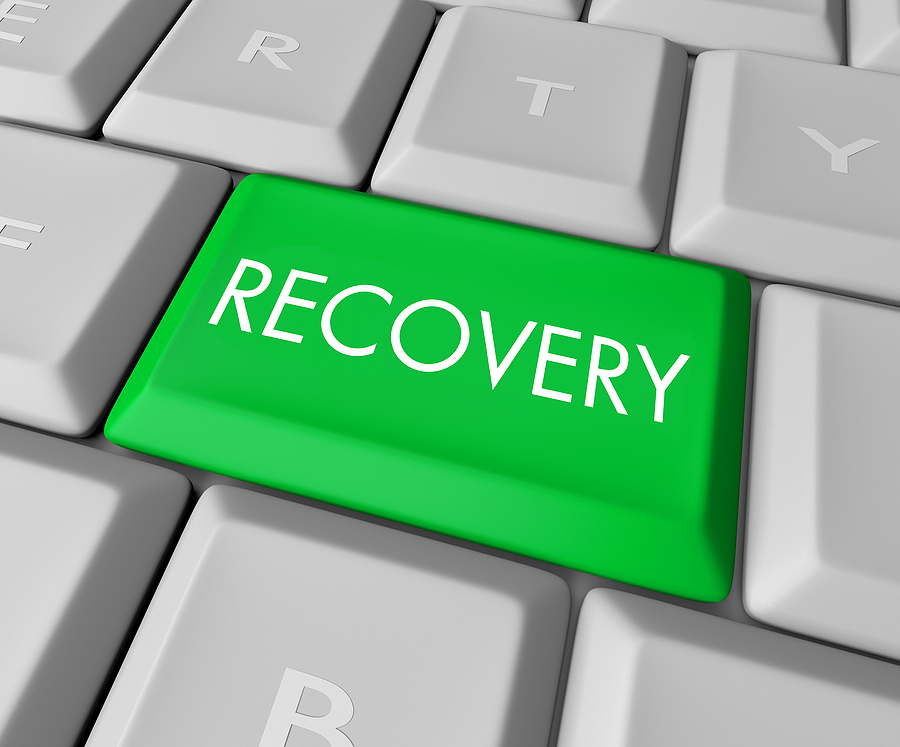
Our continued reliance on IT systems has made having a disaster recovery plan more important than ever, and yet many businesses haven’t implemented any kind of formalized plan. It seems to be one of those things that management is only interested in when there is an immediate need (i.e. why worry about it unless the office is burning down or flooding at that moment?). For a disaster recovery plan to be effective, though, it must be in place and well-practised long before something actually goes wrong.
In order to maintain business continuity, there must be a plan to protect or correct any issues that may cause problems with the IT or data storage systems. Think about it this way: If there was a fire at your business tonight, are you prepared to deal with the consequences? If a malicious hacker were to get into your system, would you be able to bounce back after losing all your important information?
These are real concerns that businesses need to consider. They may or may not happen, but companies that gamble on the chance that it won’t happen are the ones that never recover from a disaster. History has shown us that if companies suffer a major loss of business data, only a small percentage of them ever bounce back. With that in mind, here are five more reasons to develop a disaster recovery plan early.
- 1 Disasters can happen anytime – Whether it is a natural disaster like an earthquake or a flood, or a disaster caused by human error or intention (spilled drinks or hacking attempts), there is no way to tell when you will experience a major disaster. No one wants to think that their business could be physically destroyed by a tornado tomorrow, but that won’t stop it from happening.
- 2. Save money – When any kind of natural disaster strikes, the costs can very quickly get out of hand. Whether you are rebuilding your business or the internal network, if you weren’t prepared for this contingency it is going to hit the budget really hard. This is one of the major reasons why businesses that suffer major data losses or other IT problems have such a hard time making a full recovery.
- 3. Mitigate losses – There’s more at stake than your network. If you have a disaster recovery plan you will be in a position to deal with a number of related problems. The loss of important data can cripple your business continuity, but it can also cause people to lose confidence in your company. Prepare your plan early and you can protect the things that are important.
- 4. Reduce confusion – A major disaster in any company can cause serious chaos and confusion as everyone scrambles around to try and correct the problem. If you have a formalized plan (and you have studied, reviewed, and practiced this plan), you will be in a better position to overcome the disaster and get back to work.
- 5. Government mandated – Some industries are actually required by the government to have a formalized disaster recovery plan and to back up their important and sensitive materials off site. Not everyone has to deal with these regulations, but it does show how important these precautions are if you deal with sensitive information.
Developing a disaster recovery plan does not have to be difficult, and the reason most companies are caught unprepared is not because they couldn’t do it, but because they never got around to it. We never know when the next disaster is going to strike, but there are many good reasons to be prepared.
[Source: Techsling.com]
 RSS Feed
RSS Feed Twitter
Twitter 11:35 PM
11:35 PM
 gtventic
gtventic
 Posted in
Posted in 


0 comments:
Post a Comment